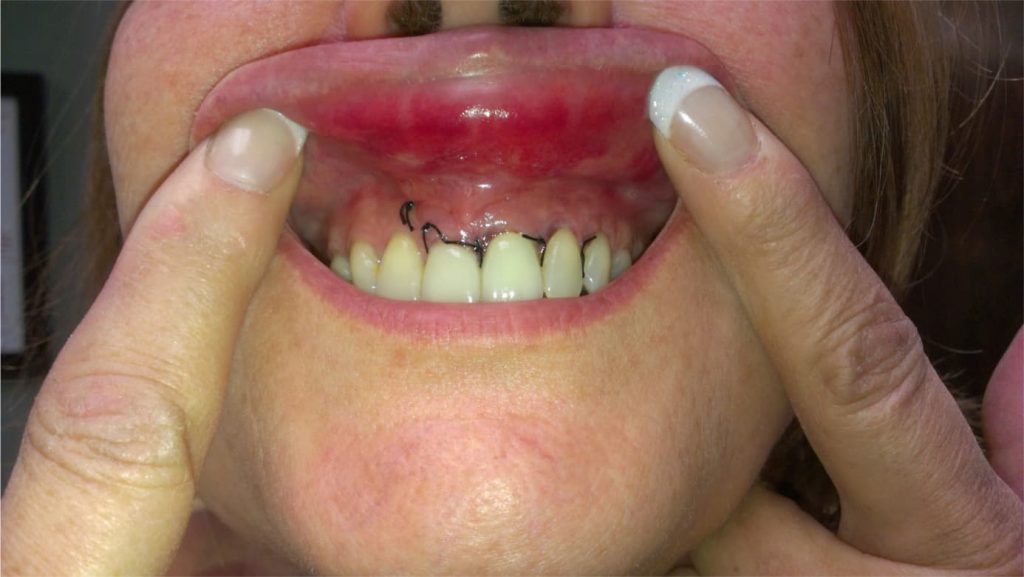Root Tips
Most dental problems involving an infected tooth root are solved by a root canal, with studies showing success rates of up to 90 percent for this procedure. But in some cases, additional dental treatment may be needed, such as an apicoectomy, or root end surgery.
What Is an Apicoectomy?
This type of oral surgery procedure is defined as “the removal of the tip of a tooth root,” which is done to save the tooth from being pulled out; keeping your teeth intact is the dentist’s mission. Typical reasons for an apicoectomy may include re-infection of the root canal site with signs like pain in the tooth, tenderness or swollen gums that occurs after a root canal.
What Happens During an Apicoectomy
Teeth are held in place by tooth roots. The tips of each root, called the apex, serve as an entrance for nerves and blood vessels into the tooth.
During an apicoectomy, the apex is removed, along with the infected tissue, and then sealed with a tooth filling.
Done with a surgical microscope, this procedure is also known as endodontic microsurgery and usually takes between 30 to 90 minutes, depending on the tooth’s location and complexity of the root structure.
Though general dentists can do an apicoectomy, most are performed by endodontists, or root canal experts.
Apicoectomy Recovery Tips
As with any dental surgery, proper post-operative dental care is essential to prevent infections or complications. The good news is that many people say healing from an apicoectomy is actually easier than recovering from a root canal!
Before the procedure begins, your dentist will recommend self-care tips to ease your recovery. Here are some basic things to keep in mind for an even better experience:
- Apply cold compress to the area for 10 to 12 hours after the surgery.
- Avoid any strenuous activities and make sure to get enough rest.
- Take over-the-counter pain medication to manage any discomfort.
- Allow your tooth and the gums around it to rest while it heals. Avoid eating crunchy or hard foods, as well as brushing the affected area and rinsing too vigorously.
- Most importantly, do as your dentist says and take the medication prescribed to you.
The Non-Candidates
The apicoectomy procedure is not for everybody. This procedure typically uses an anesthetic that contains twice the epinephrine of regular anesthetics. Epinephrine is an adrenaline-like drug used in other dental procedures to constrict the blood vessels. This reduces bleeding in the site and allows the endodontist to see the root better. An extra dosage of this drug is not recommended for people with high blood pressure.
Your dentist will know best if this procedure is right for you. Speak with your dentist about your post-root canal options.

